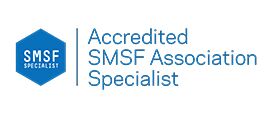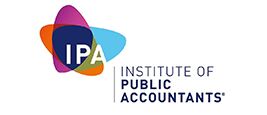Buying a business requires a lot of probing and you have to ensure that the company’s affairs are in perfect order before the purchase is finalised. For this purpose, a business due diligence is normally performed 60 to 90 days prior to settlement.
A business due diligence is underway once a prospective buyer and the seller sign a letter of intent, which is often referred to as a term sheet. This is the agreement allowing access to business data, including the financials and sales figures.
A business due diligence must be carried out effectively and the following points are crucial to achieve your goal:
1. Hire professionals
You must hire professionals who are very well skilled in analysing businesses and can help you perfectly with the business due diligence process. For this role, your accountant is most of time your first option especially if they are familiar to mergers and acquisitions.
Also, accountants are skilled in auditing and analysing the company’s financial records and they can easily uncover any irregularities.
2. Study company’s business structure and practices
You will have to gather authentic documents about the company’s business structure and strategies. The organisational document must have articles of bylaws, shareholders’ details, board members, board meeting minutes, list of all states and countries where the company is dealing with an organisation chart.
- Your accountant will need the annual reports, profit and loss statements, tax filings, general ledger, accounts payable and receivable, reports of assets and the liabilities that will help in completing the business due diligence process.
- Include mortgages, leases, deeds, and other assets that might affect your decision of buying the business.
- Request the copies of all licenses, permits and the letters of consent.
- Read company articles and press releases.
- Know the value of all assets which will help you determine the right price to pay for the company.
- Include physical assets like, real estate, office equipment, manufacturing equipment, supplies, inventory on the shelf and the raw materials.
3. Reviewing all contracts
You must review the contracts with all the suppliers and subcontractors. While buying a business, you may not be required to fulfil the contractual agreements signed before purchasing the business. The instalment agreements, purchase contracts and labour contracts must be carefully looked at by you and your accountant.
4. Scrutinise the employee records
It should include both full and part-time employees, board members and subcontractors. Perfectly evaluate the employee handbook or the term of employment. Provide the accountant with list of current salaries and bonuses concerning the last 3 to 5 years.
Secure the resumes for all top-level employees and the board members. The accountant must be made aware of any labour dispute or worker’s compensation claim.
Other facts to consider
- Obtain the legal documents and history in regards to any of the pending or threatened trial.
- Study all the insurance policies and the insurance claims. You should be able to understand the current coverage and the claims.
- Examine the existing products and services and the ones under development. You should also see all the testing data, complaints, warranty claims, regulatory compliance letters, customer feedbacks, surveys, engineering reports.
- Check for customer data as provided by the seller, inclusive of the market research, ad campaigns, sales policies and return policies, credit policy, and service agreements.
This article was produced by Zimsen Partners. It is intended to provide general information only in summary format on accounting, business advisory and taxation issues. It does not constitute accounting advice, and should not be relied on as such.











